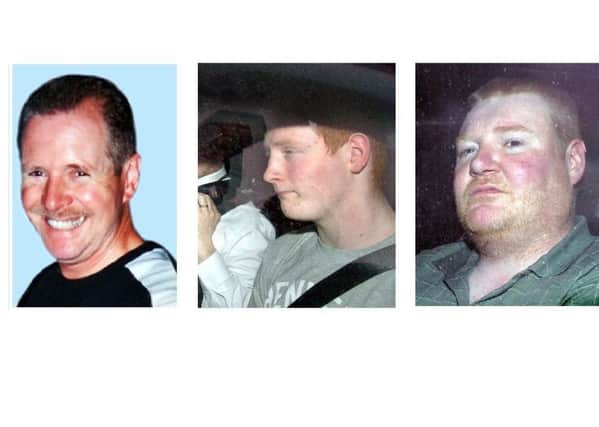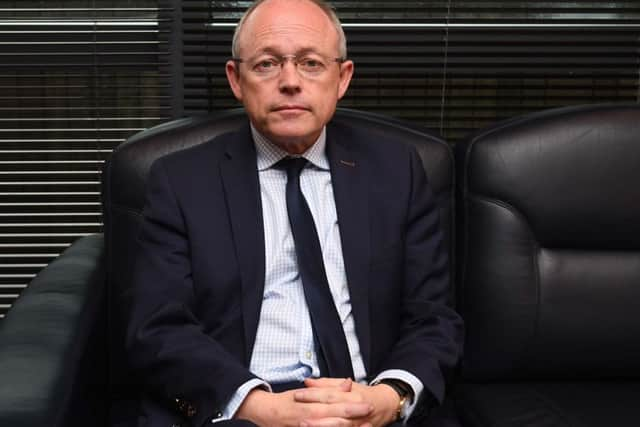DPP: '˜I have appealed lenient jail terms in dissident terrorist cases'


There has been mounting controversy over the last year about bail policy in Northern Ireland for terror offences.
In some cases, most relating to alleged dissident republican crime, bail has been granted in circumstances that would be unthinkable for the same charge in Great Britain.
Advertisement
Hide AdAdvertisement
Hide AdProsecutors have often opposed bail but the judge has still granted it.


Asked about that, Mr McGrory says: “Yes, but the court will decide whether or not to grant bail based on the legal issues that the court must apply.”
What about the light sentences that have been granted to dissident republicans convicted of serious offences that would have attracted much longer prison terms during the Troubles?
“I have brought a number of ongoing terrorist related sentences to the Court of Appeal through the unduly lenient process,” Mr McGrory says.
Advertisement
Hide AdAdvertisement
Hide Ad“The McConville-Wooton case was one of them,” he continues, referring to the dissidents who murdered Constable Stephen Carroll. “In that case I argued that the tariffs in that case were inappropriately low.


“In the case of [Brendan] McConville unsuccessfully, because in Northern Ireland the law which says a minimum sentence for murders of police officers and so forth was not extended to this part of the UK, and in relation to [John Paul] Wooton that sentence was increased.”
Mr McGrory says: “I also brought to the Court of Appeal sentences in another dissident republican case of [Eamon] Cassidy and others and argued that sentences for ongoing terrorism should mirror those which were imposed in the 1980s and 90s, when the terrorist threat was much higher and the court declined to go that high, but it did significantly raise the sentence in that case.
“So I have done quite a bit of work on the issue of sentencing in many areas by the way, not just terrorist cases.”
Advertisement
Hide AdAdvertisement
Hide AdIn 1987, Mr McGrory joined the law firm of his father, who was from the Falls Road. “A lot of his practice emanated from that part of the city,” he explains. “So when the Troubles broke out in 1969 he was one of the few criminal lawyers in Belfast. He ended up defending a lot of republicans, but he always had a number of clients from the loyalist side of the fence and we were involved in some significant loyalist cases but more republicans.”
Mr McGrory’s current role is a big change from that. “Absolutely,” he says, “but I undertook the role of state prosecutor.”
Has the transition been strange? “Really interesting but I don’t see it as strange. In the role of state prosecutor, I do so in good faith and bring all of my abilities to that role as honestly as I can.
“I’d no difficulty doing that. The rule of law requires individuals accused of crime to have a vigorous defence and it also requires the prosecutor to endeavour to bring those whom the prosecutor believes are guilty to justice.
Advertisement
Hide AdAdvertisement
Hide Ad“Participating on the other side of the system wasn’t that big a transition because I believe in the system.”
• Other parts to DPP interview: